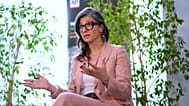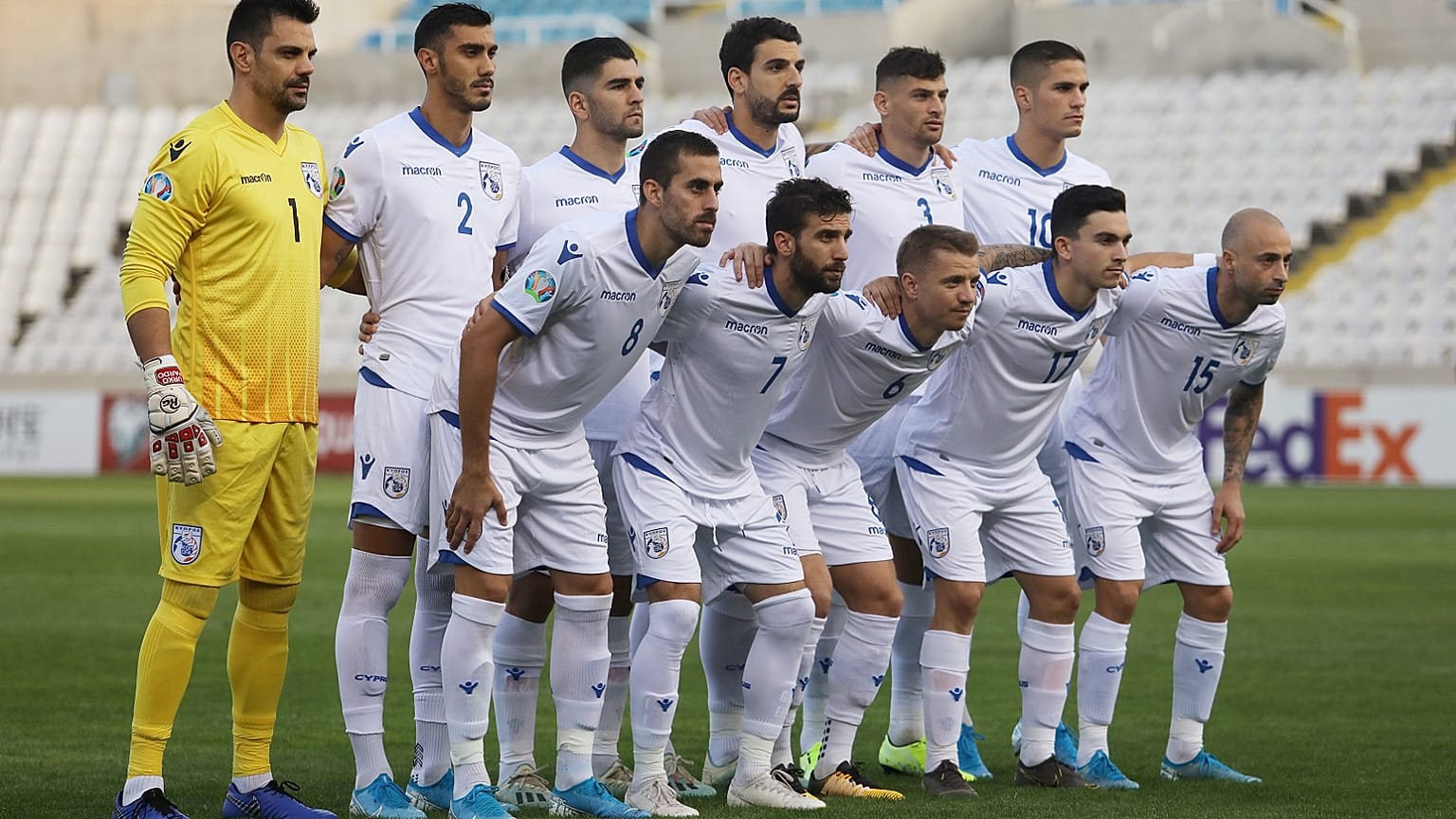Reunifying the national team after 65 years of separation could be the strongest confidence building measure to restore the bond between the Greek and Turkish Cypriot communities, as well as spark new life into a withering team.
Turkish Cypriot footballer Fikret Ahmet passed away last month, aged 88. His death was marked with a minute’s silence by Greek Cypriot side Anorthosis, a club he represented from 1948 to 1951 (as did his brother, Ali), at a subsequent match.
 ADVERTISEMENT
ADVERTISEMENT
 ADVERTISEMENT
ADVERTISEMENT
They were not the only Turkish Cypriots of their day to be adored by Greek Cypriot supporters. Sevim Ebeoglu, a three-time title-winner with AEL Limassol, was a fans’ favourite; so much so that on his death in 2018, the flag of the club was draped over his coffin.
Such connections do not exist today. Even 45 years after the island’s division, the idea of a Turkish Cypriot player donning the jersey of a Greek Cypriot team is almost unspeakable. Yet those recent gestures provide a reminder that such connections, at both club and international level, were not only possible but a reality once upon a time.
The Cyprus team that travelled to Israel for two friendly matches against their neighbours in May 1954 was composed of nine Greek Cypriots, five Turkish Cypriots and two Armenian Cypriots, largely reflecting the common football league that existed at the time.
However, that drastically changed a year later as the anti-colonial armed struggle led by the Greek Cypriots against the British began with the aim of uniting the island with Greece. The intercommunal clashes that followed led to the creation of a Turkish Cypriot football federation with its own clubs in 1955. The national team has never selected a Turkish Cypriot player since.
Politically, while unification talks remain shelved following the breakdown of UN-led negotiations in 2017, the idea of a united homeland is looked upon far more favourably now than it ever has been. Yet, even if a diplomatic solution is found, it would not automatically bring about an effortless merger of the two communities.
Greek and Turkish Cypriots share a vastly similar culture, which should be no surprise given the 400 years of largely peaceful coexistence. Yet, decades of intercommunal violence, which culminated in a Greek coup and subsequent Turkish invasion in 1974, have justifiably left serious wounds in need of repairing.
In order to do so, the island needs to look towards common points of interest that connect them, and few tools are able to cut through divides of all kinds like football can.
In Cyprus, the two communities have almost no areas in which they can work together and foster a bond that could work towards restoring trust and familiarity with each other, particularly one that can captivate a wider audience and spread across class, age, gender, religion and ethnicity.
Beyond a symbolic gesture, it also presents the national team - and the whole island - with a promising opportunity from a sporting aspect too.
The globalisation of football has been felt in Cyprus as much as anywhere, as its top division has the highest percentage of foreign players among Europe’s top leagues (66.8%) for the sixth time in seven years.
Although the influx of foreign stars has hugely benefited some Cypriot clubs, with a host of sides qualifying for European competition - like APOEL, who famously progressed as far as the last eight of the Champions League in 2012 - it has severely limited the game, and thus the development of local footballers.
So desperate is the situation that many of the current Cyprus squad are not regulars for their clubs, and ageing overseas players eligible for citizenship are snapped up by the federation to fill up a depleted squad.
This has resulted in a sub-standard national team which can foresee little chance of sparking a serious bid to reach a European Championship or World Cup in the near future.
Not only is the team suffering on the field, there is also no nationwide support with dwindling crowd sizes among the lowest of all nations in Europe. It’s a reflection of the ongoing lack of togetherness, not only across the ethnic divide but also within each side’s split allegiances towards the island as a whole and their respective ‘motherlands.’
But from a cultural perspective, opening up the possibility of Turkish Cypriots representing the national team would be a powerful confidence building measure; one that is not bound by any quotas but at least sends a message of openness, which could eventually - with the right infrastructure - result in a wider talent pool for the national team.
Turkish Cypriots growing up knowing that they could eventually play for Cyprus on the international stage would likely see a more positive shift in their perception towards the country, a far cry from their current situation where they are forced to see Turkey as their only hope, discarded from representing the land where their roots lie.
Cyprus is faced with the option of either taking this leap of faith - both sportingly and culturally - in a bid to achieve something that could define future generations, or remain in a bubble of engineered nostalgia.
Governed by bodies that seem interested only in upholding the status quo that is both politically and economically favourable to themselves, Cypriot football is lingering in mediocrity with little sign of change.
There needs to be a vision for potential victories that goes beyond three points; to begin to lay the groundwork for a common identity that is so desperately lacking in a country that has always looked outward than inward, and one with little emphasis on mutual aspirations.
The adoration from Greek Cypriot fans towards the Ahmet brothers, Ebeoglu and so many others in the past, was not in spite of their background but largely because of it, as their dedication to a common cause brought about a bond more powerful than any divide.
As well as a political reconciliation in Cyprus, there needs to be a spiritual one. A united national football team would help the two communities to once again realise their similarities and work together towards collective goals.
- Andreas Vou is an editor at the English edition of MARCA, the Spanish national daily sport newspaper.
____________
Are you a recognised expert in your field? At Euronews, we believe all views matter. Contact us at view@euronews.com to send pitches or submissions and be part of the conversation.














